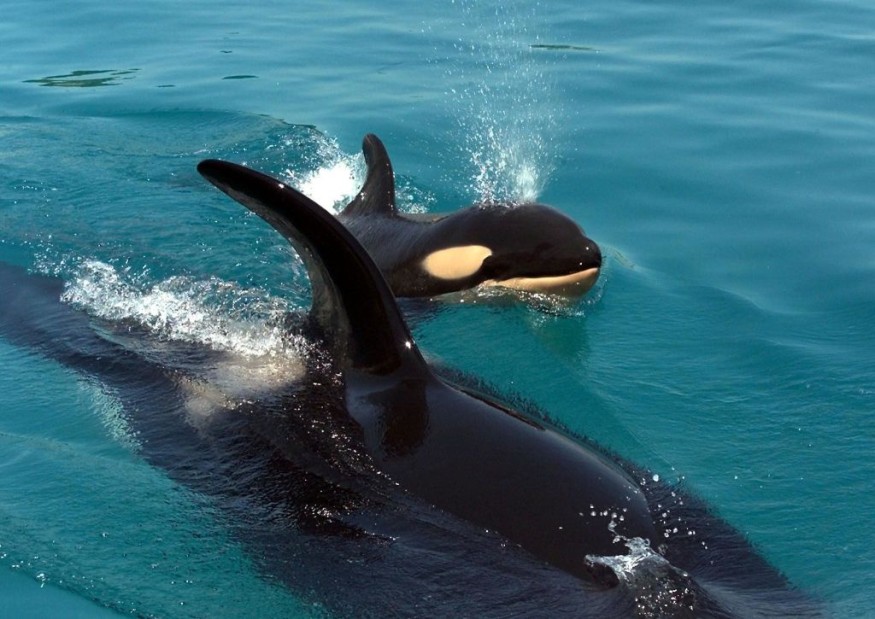The beloved performing killer whale, Lolita, reportedly died from old age and the progression of chronic conditions, according to a necropsy report from Miami Seaquarium.
Lolita is one of the most beloved whales. The sudden death surprised many people. The performing whale is also known as Toki or Tokitae.
According to reports, the performing whale is considered one of the longest-lived orcas in human captivity.
Lolita's Death: Multiple Chronic Illnesses, Old Age Cause Health Decline

Immediately, experts conducted a necropsy report to determine the cause of death of the performing orca. Lolita was 57 years old when it passed away on August 18.
The necropsy analysis provided the details of the orca's death. Dr. Judy St. Leger, a leading marine mammal pathologist, conducted the report. Leger has about 20 years of experience in studying marine animals.
Lolita showed signs of good health before it died. The veterinarian reported that the performing whale was in great condition.
In the report, Lolita suffered from the progression of multiple chronic conditions. The old age contributed to the animal's health decline. When Lolita died, the staff were surprised and devastated.
The report showed that Lolita had acute and chronic bronchointerstitial pneumonia and renal degeneration, explaining the cardiac valve degeneration.
Orcas: What You Should Know About Them
Orcas are considered a large member of the dolphin family. They are recognizable by their dorsal fins and saddle patches. According to reports, they can live up to 90 years!
The term killer whale came from sailors who saw the orcas eating and preying on whales. They are not actually whales.
They can swim long distances up to 9,400 km. The said animal can weigh from 5,500 kg to 10,00 kg. They can quickly attack their prey like killer whales, swimming up to 54 kph.
Killer whales are intelligent marine animals coordinating with other orcas to target prey. They can communicate using squeals, screams, calls and whistles. They can hunt in different methods depending on their prey.
In addition, orcas are known as picky eaters. Most orcas consume fish, seabirds, cephalopods, larger whales, dolphins and sea lions.
However, the population of orcas is threatened by noise pollution, fishing gear entanglement, contamination of water and shipping collisions. The commercial fishing gear entanglement can kill orcas, making them challenging to survive or starve.
Did you know?: orcas
Related Article : New Coral Reef Fish Species Discovered in Great Barrier Reef
For more similar stories, don't forget to follow Nature World News.
© 2025 NatureWorldNews.com All rights reserved. Do not reproduce without permission.





